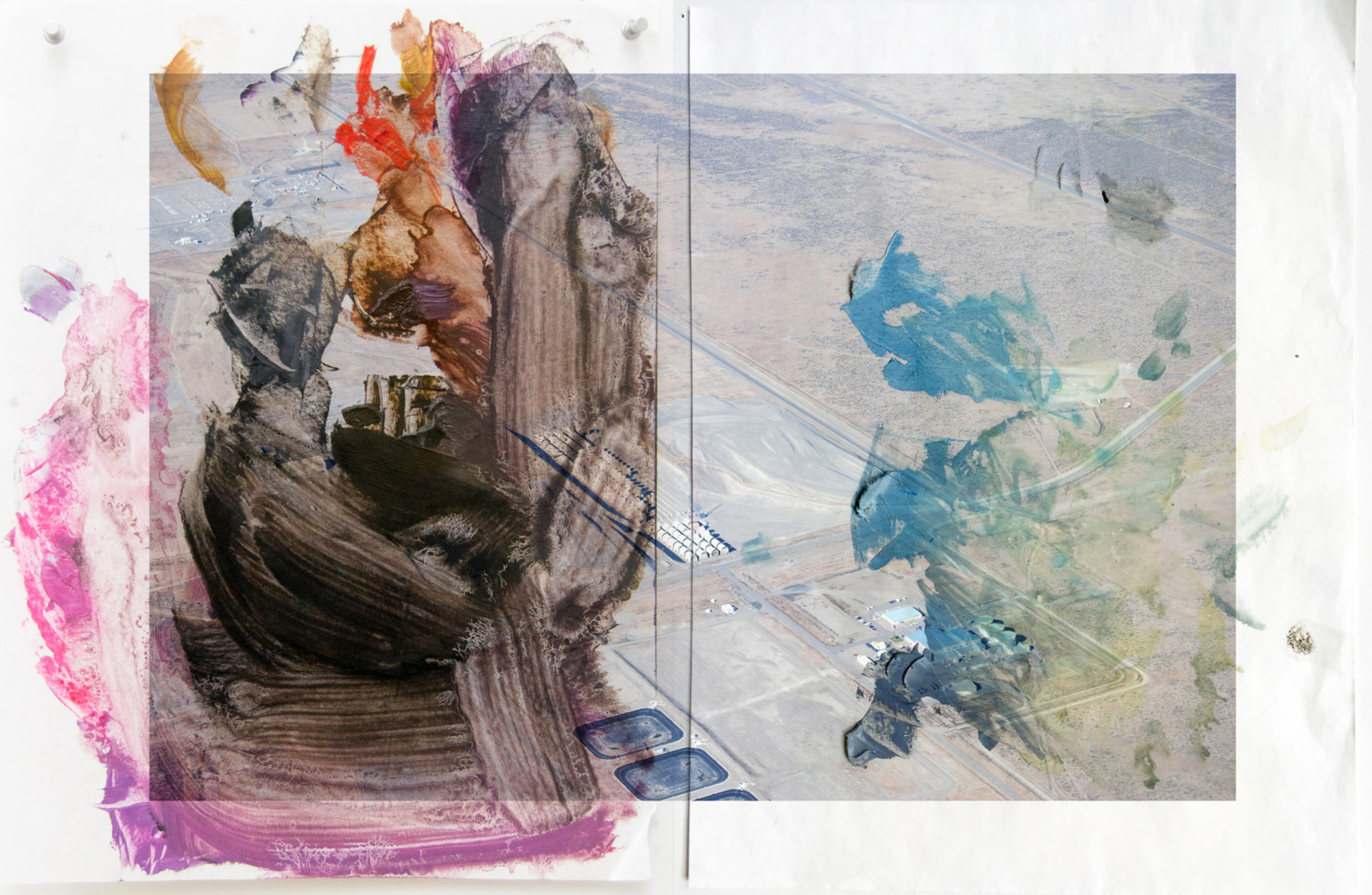by Juan Carlos Reyes
Consider the case of John the Baptist, of his head, severed and plated because the drunken official who ordered it carved had made an oath he could not retract, a promise like all promises across epics that once stated must be handled, Beowulf vowing to slay Grendel or die, Medea swearing revenge, Bhima chopping at his thigh warning Duryodhana, and this moment that befell Herod sent Jesus reeling into the desert, grieving into the sand like Gilgamesh mourning Enkidu, his only true counterpart, his only solid frame of reference, the only other character among so many secondary characters capable of announcing the hero’s arrival onto the hero’s mount, and yet we fall so short of a proper explanation for who could have asked for such a horror and why, for who could have degraded themself to beg for someone’s glazed eyes over still breath over pale lips, because the narrative pays no mind to the mother who whispered into her daughter’s ear, Tell him to bring you the head of John the Baptist, My mother would like the head of John the Baptist, which begs the question about what this woman knew and what she felt, what about John she found so irredeemable and what about him she found so unforgivable, because no one casts that much shaded denouement unless one has some serious beef, differences with the walking dead so irreconcilable that you’d rather assume responsibility for interring him than bear the thought of his wandering the earth even out of sight, and please don’t tell me that some people are just extraordinarily crazy like that, because certainly sociopaths wander everywhere across our degraded earth but all murderers follow certain protocol to command a beheading that big, and they either proceed with or produce a familiarity before outright flinging knives, after all, even the most gruesome detective stories provide that thieves get comfortable in a situation before they steal the lives of everyone you love, in other words, they produce a frame reference before shattering the glass, and so the question begs to know what John did or what he didn’t do or what he succeeded doing or what he failed to do, because here is the challenge the narrative must embrace if it’s to be any narrative at all, that we can’t just let it provoke in us the presumption that some nameless woman hounded and chased John’s blood for the sake of hounding and chasing his blood, because we can’t let it brush aside this woman’s motivations like it tried dismissing Miriam of Magdala because her narrative mentionings sit too narratively close to an unnamed prostitute almost stoned, and we have to belabor the point as long as we can because nobody leaps to a beheading without a deliberation, because even a fast deliberation is a motivation worth investigating, and who knows if perhaps this woman arrived to this point after an exhaustive point-counterpoint weighing pros and cons and pitting consequences of such a heavy state crime against the benefits of certain alleviations, because whether or not we think we know what John did or didn’t deserve, we at least know that someone wholeheartedly believed he deserved the full blade and not an edge duller and we can’t presume that she asked for the full weight of the state curtly or flippantly, and, sure, we’ll never know what she knew or who she knew that knew him or what they knew and didn’t know or what everyone found hiding behind the man’s charisma or couldn’t, and we can only presume that collective bodies both produce and deduct, provide and lament, and that they search for and expose whole lying breaths as much as they do prophetic and emphatic ones, that when they scour for weighty sins beneath a cloak and behind crowds, they usually tend to find them, justly or unjustly, within reason or not, prepared to forgive what’s whispered or punish what they never saw coming, and so consider the weight of John the Baptist, the town crier announcing the reluctant governor’s arrival, the falsetto singing the national anthem to open a game, the media mogul pushing for an electoral outcome, and consider the weight of all the voices John had to stomp underfoot just so he could claim the mic without interruption, just so he could command the stage by himself while the clamoring and competing understudies behind him grasped at his sandals vying, dying to chop him off.
Juan Carlos Reyes was born in Guayaquil, Ecuador. His first book, A Summer’s Lynching, won the Quarterly West 2016 novella prize, and his fiction chapbook, Elements of a Bystander, is forthcoming with Arcadia Press. His stories have appeared in Storyscape, KGB Lit, and Split Lip Magazine, among others. He is an Assistant Professor of creative writing at Seattle University.
